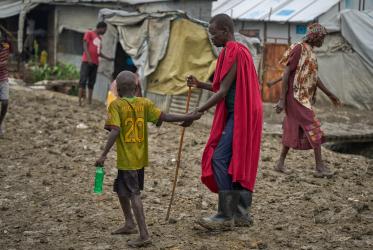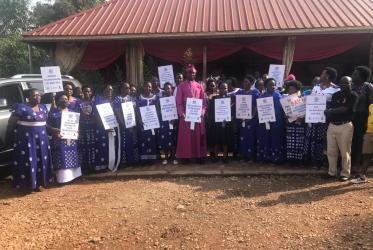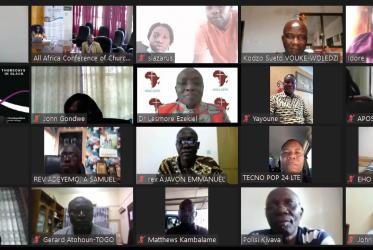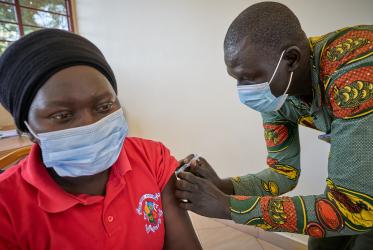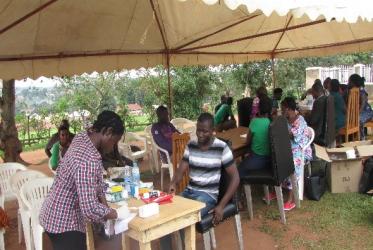Displaying 1 - 20 of 34
Workshop on HIV stigma, treatment adherence opens in Tanzania
29 September 2021
COVID-19 in conflict zones: “a crisis within another crisis”
27 November 2020
Youth leaders: “We will stop at nothing” to end HIV and violence
17 October 2019
Frontline advocates in Uganda are putting a stop to HIV stigma
16 September 2019
Moravian Church in Tanzania launches Thursdays in Black
10 September 2019
WCC treatment manuals address HIV challenges in Uganda
02 August 2019
